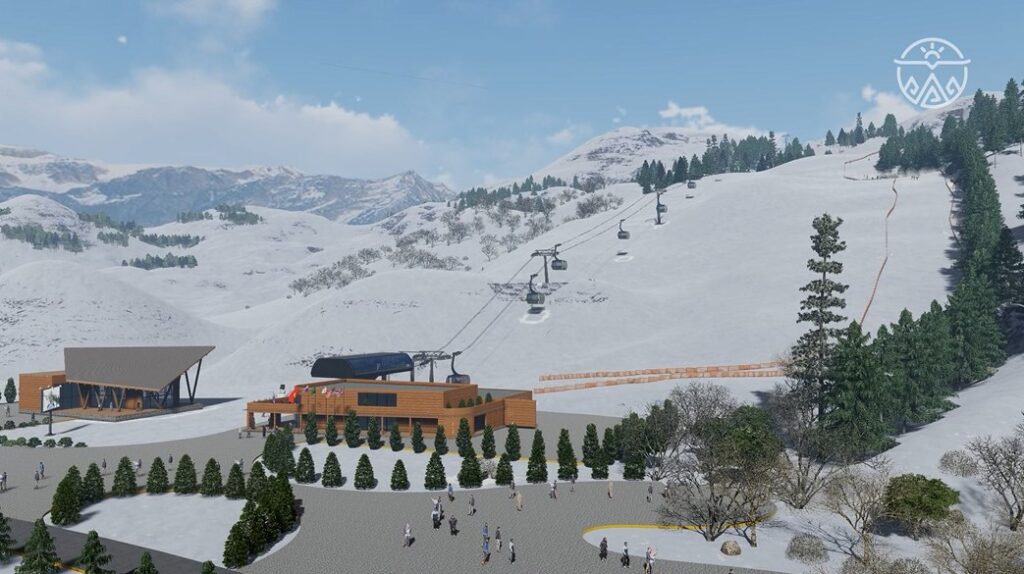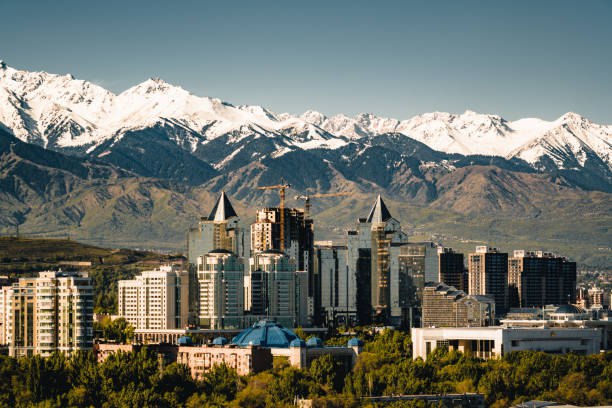Tajik Scientists Turn to Mountain Agriculture to Combat Climate Challenges
In Tajikistan’s remote Yagnob Valley, at more than 2,300 meters above sea level, scientists have launched a pioneering agricultural experiment to adapt to the realities of a changing climate. For the first time, experimental fields have been established in this high-altitude region to test the viability of dozens of crop varieties under mountain conditions. The research, carried out by the Institute of Botany, Physiology, and Plant Genetics of the National Academy of Sciences of Tajikistan, has yielded promising results. All tested crops took root successfully, and new potato varieties produced harvests of up to 400 centners per hectare. Testing Crops in the High Mountains “Climate change forces us to seek unconventional solutions,” said Dr. Kurbonali Partoev, Doctor of Agricultural Sciences. “High-altitude zones with cooler temperatures, clean water, and fertile soils offer unique prospects for agricultural innovation.” This spring, scientists delivered seeds of potatoes, corn, sunflowers, chickpeas, peas, wheat, pumpkins, sorghum, tomatoes, and cucumbers to a plot maintained by local farmer Nekmakhmad Safarov. The objective was to observe how common lowland crops respond to high-altitude growing conditions. Following strict agronomic practices, applying fertilizers, watering, weeding, and monitoring plant development, researchers carefully tracked growth patterns and morphological changes. Potato Yields Surpass Expectations By August, the experimental site had become a thriving green expanse. Potato trials proved particularly fruitful, with more than 20 varieties from Tajikistan, Russia, and the Netherlands under evaluation. New Tajik varieties, named Tajikistan, Faizi Istiklol, Akademiya Milli1, Mastcho, Faizobod, Rasht, and Nilufar, achieved yields of 300-400 centners per hectare. “This is a significant indicator confirming their potential,” said agricultural scientist Mavlon Kurbonov. Russian varieties Sadon, Ariel, and Fasko yielded between 280 and 390 cwt/ha and were notably early-maturing, ripening 10 to 12 days ahead of others. Dutch varieties Picasso and Aladdin also performed well, reaching yields of up to 370 cwt/ha. Genetic Potential in a Mountain Laboratory Beyond yield, researchers observed an unusual abundance of flowering and the formation of seed berries among potato plants, traits enhanced by Yagnob’s cool, pest-free environment. “This is an extremely valuable genetic trait that opens up wide possibilities for breeding,” Partoev explained. “Yagnob offers ideal conditions, clean air, spring water, and fertile soil. It is a natural laboratory.” A Resource for the Future of Tajik Agriculture Encouraged by the initial success, researchers plan to expand their trials, introduce new crop varieties, and deepen their scientific studies. They believe the Yagnob Valley could evolve into both a research hub and a model for climate-resilient agriculture. “All the crops showed positive results. This encourages us to expand and innovate further,” Kurbonov concluded. “Yagnob has the potential to become a true natural laboratory for Tajikistan’s agricultural future.”



